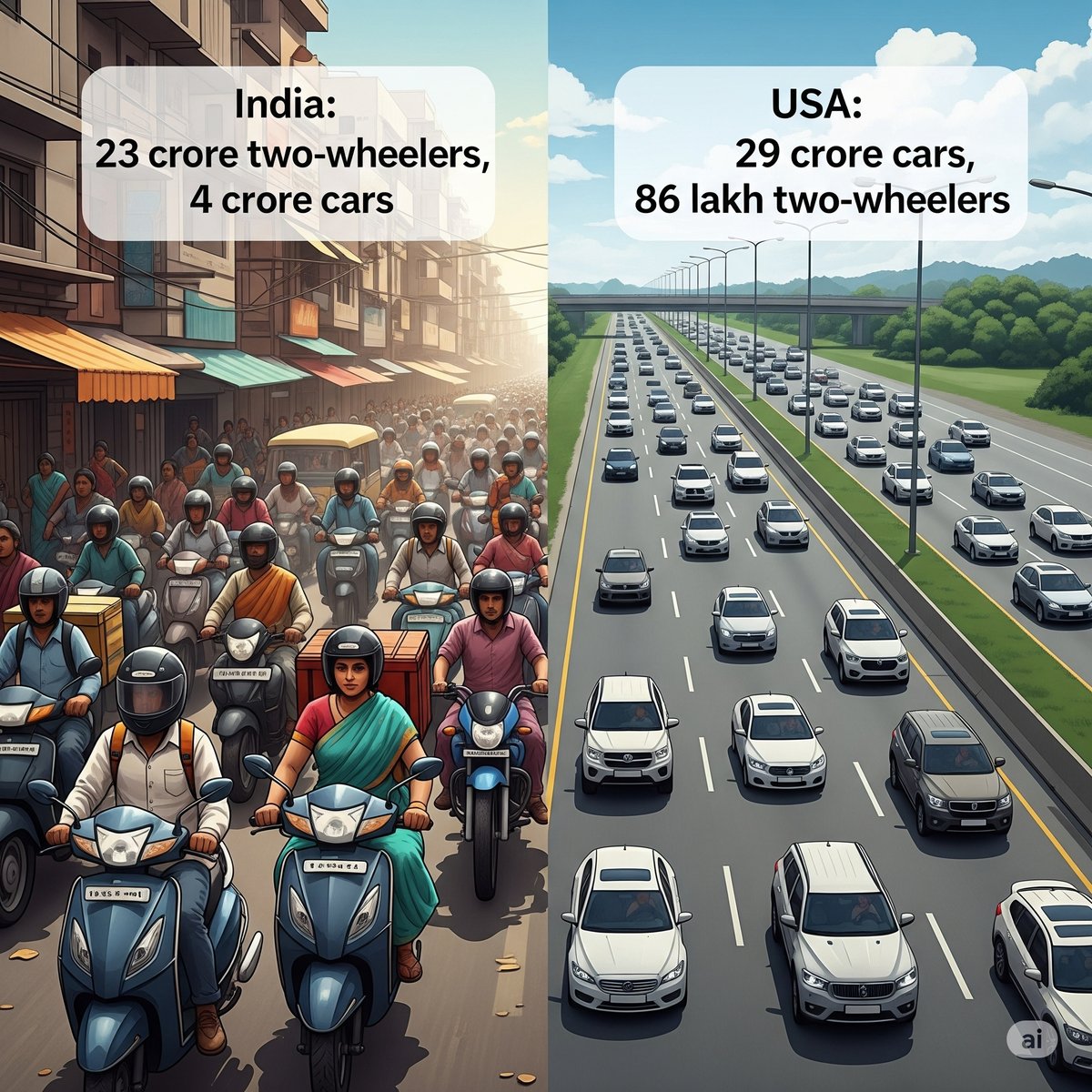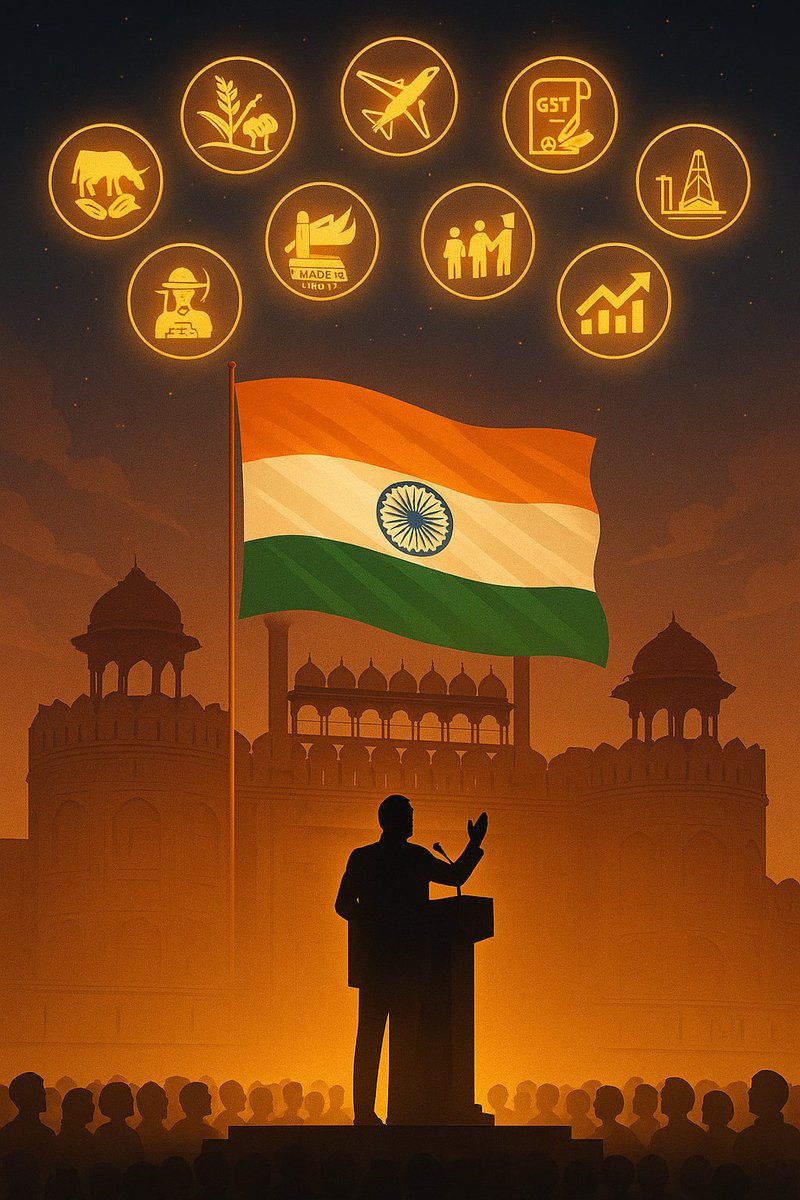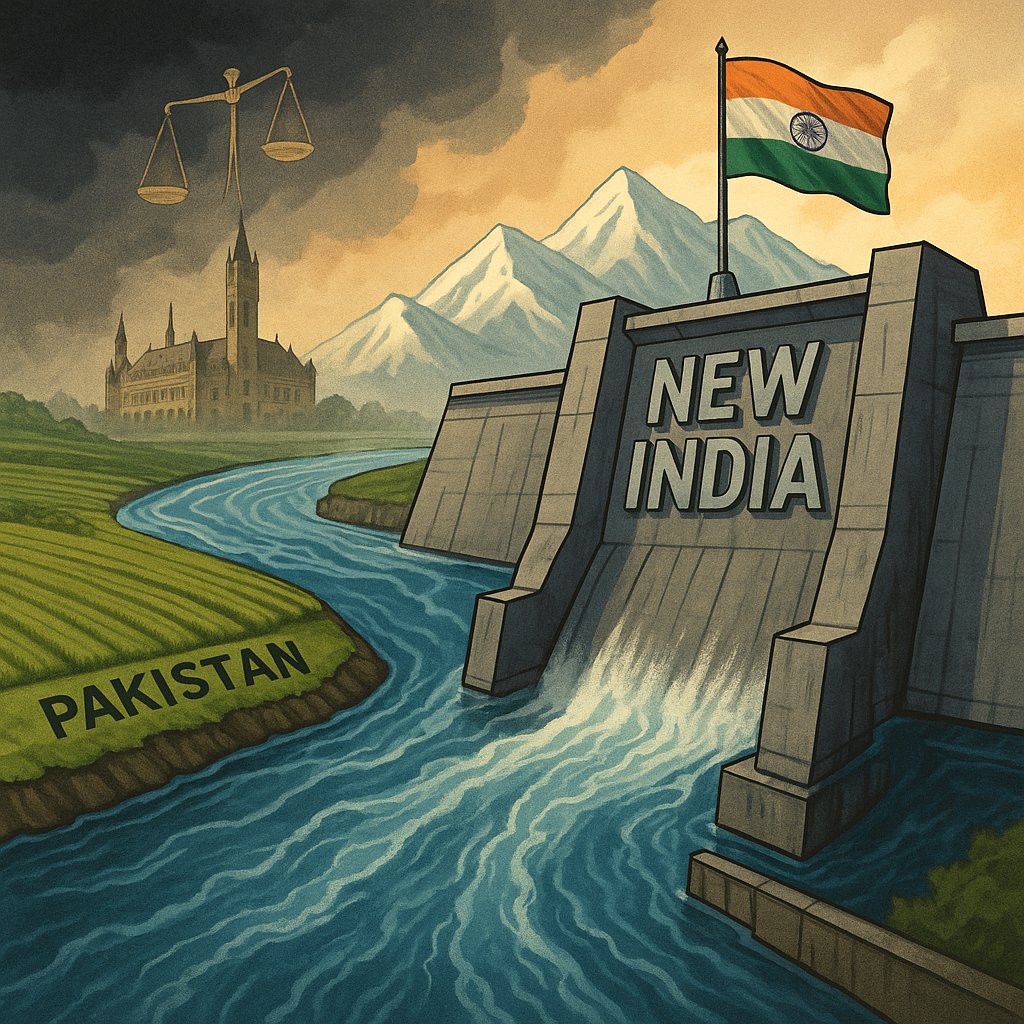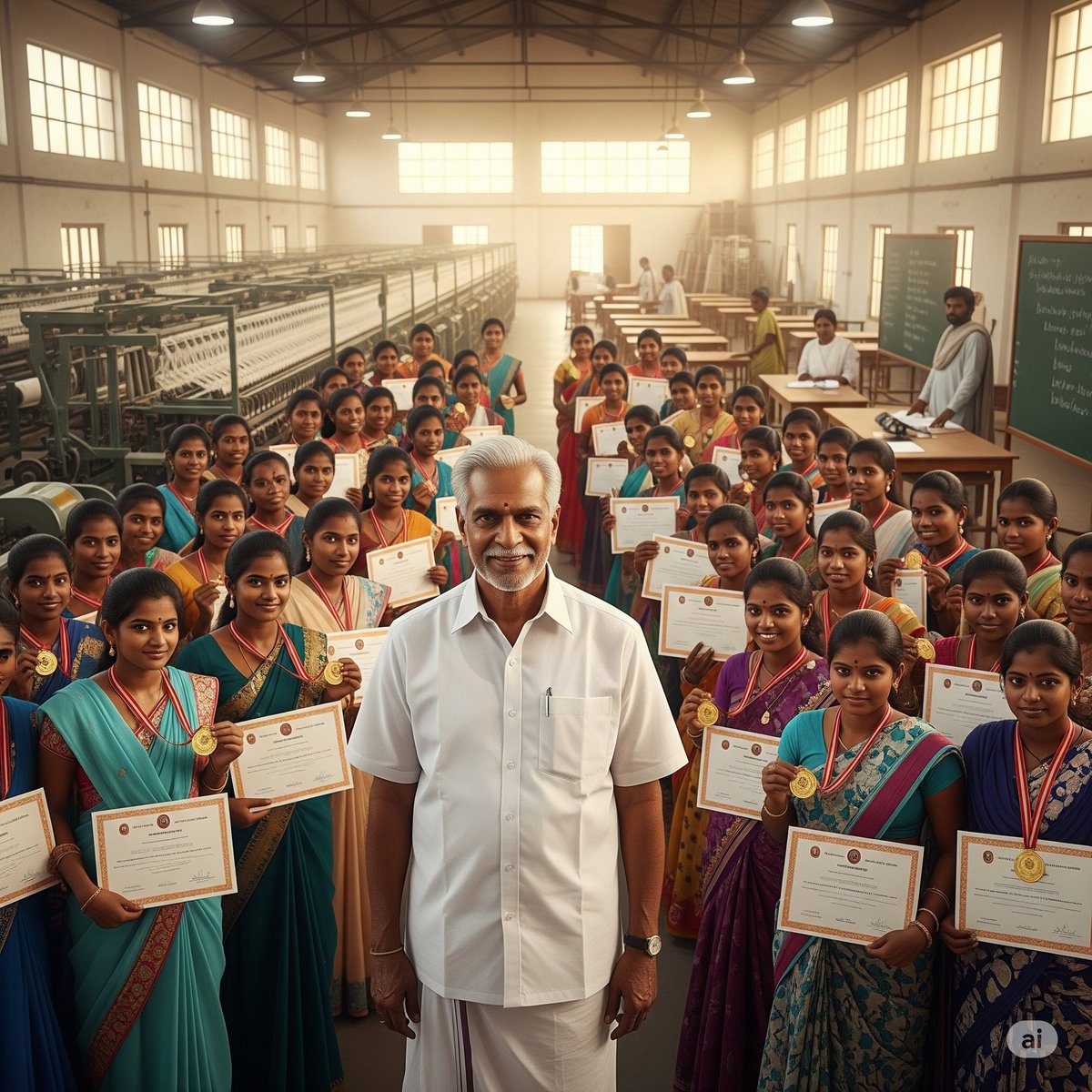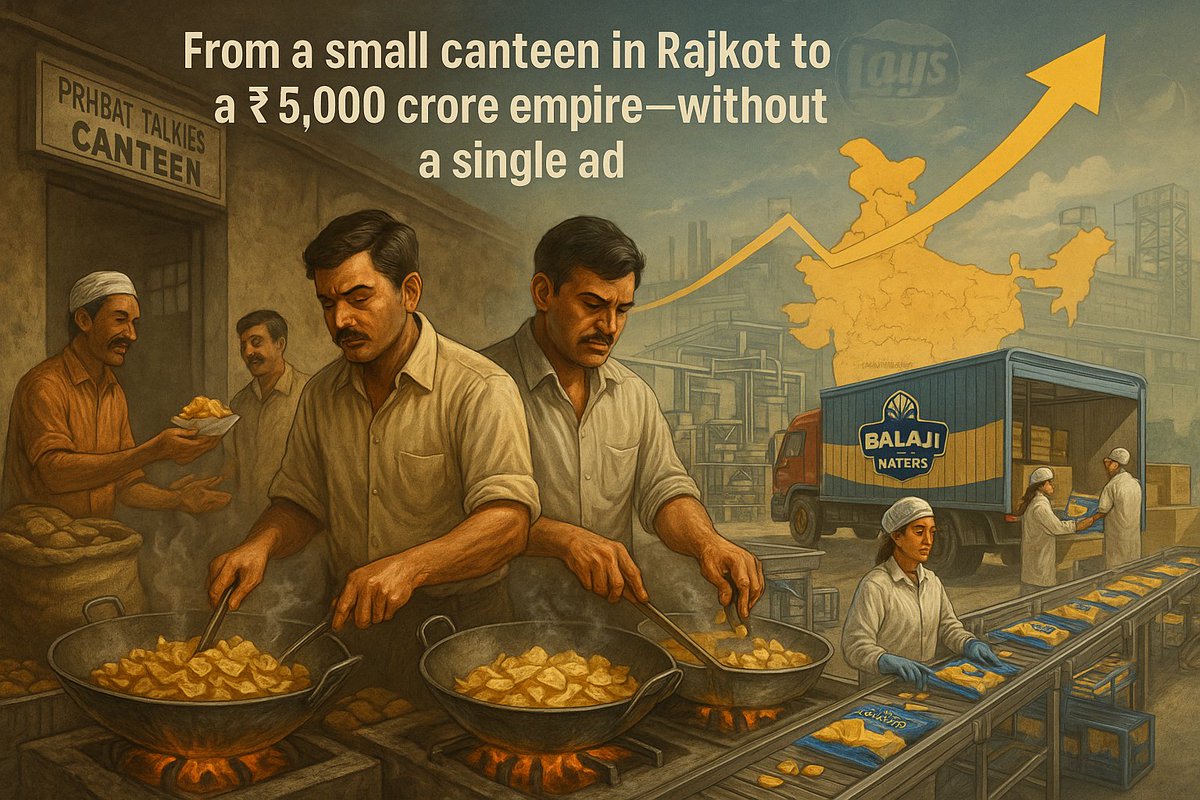Setting up a factory in Kerala during the 90s was industrial suicide.
Most factories were shut down by union strikes.
But one Parachute oil factory ran 30 years without a single disruption.
The secret? A genius HR idea copied from your school’s sports day.
Here’s how it worked:
Bookmark and retweet this thread to revisit it later
Most factories were shut down by union strikes.
But one Parachute oil factory ran 30 years without a single disruption.
The secret? A genius HR idea copied from your school’s sports day.
Here’s how it worked:
Bookmark and retweet this thread to revisit it later

In the 1990s, Marico was preparing for war.
The Indian FMCG market was cutthroat.
Parachute coconut oil was their golden child.
But transporting copra from Kerala to Mumbai was bleeding the company dry.
Every kilo of copra travelled 1,400 km.
The Indian FMCG market was cutthroat.
Parachute coconut oil was their golden child.
But transporting copra from Kerala to Mumbai was bleeding the company dry.
Every kilo of copra travelled 1,400 km.
Margins got crushed before the product even hit shelves.
So Marico made a bold move:
Set up a crushing plant in Kanjikode, Kerala—the heart of India's copra belt.
Brilliant idea, right?
Except for one terrifying detail…
At the time, Kerala was an HR nightmare.
So Marico made a bold move:
Set up a crushing plant in Kanjikode, Kerala—the heart of India's copra belt.
Brilliant idea, right?
Except for one terrifying detail…
At the time, Kerala was an HR nightmare.
Strikes.
Shutdowns.
Strong union networks that could bring a factory to its knees overnight.
Over 180 man-days lost per 1,000 employees per year due to labour unrest.
More than any other industrial state in India at the time.
Setting up a plant here was like playing with fire.
Shutdowns.
Strong union networks that could bring a factory to its knees overnight.
Over 180 man-days lost per 1,000 employees per year due to labour unrest.
More than any other industrial state in India at the time.
Setting up a plant here was like playing with fire.
But Marico’s HR team came up with a psychological hack that changed everything.
“What if our workers weren’t bored after work?”
See, most unrest brewed after work, when idle time, alcohol, and gossip created fertile ground for union leaders to manipulate.
“What if our workers weren’t bored after work?”
See, most unrest brewed after work, when idle time, alcohol, and gossip created fertile ground for union leaders to manipulate.
So Marico’s HR team did something no one expected:
They turned the factory into a school.
Literally.
They divided the workers into 4 “houses,” just like school teams.
Think: Red, Blue, Yellow, Green.
After work, these “houses” competed in sports, debates, and quizzes.
They turned the factory into a school.
Literally.
They divided the workers into 4 “houses,” just like school teams.
Think: Red, Blue, Yellow, Green.
After work, these “houses” competed in sports, debates, and quizzes.
Winners got recognition, rewards, and factory-wide glory.
Losers came back stronger the next time.
Overnight, the mood changed.
Instead of hanging out at tea stalls, complaining about management…
Workers were rehearsing songs.
Training for cricket.
Cheering their team on.
Losers came back stronger the next time.
Overnight, the mood changed.
Instead of hanging out at tea stalls, complaining about management…
Workers were rehearsing songs.
Training for cricket.
Cheering their team on.
In less than 6 months:
Team bonding skyrocketed.
And Marico created something no one thought possible in Kerala at the time:
A factory with zero strikes.
Years later, even as other Kerala plants faced weekly disruptions,
Marico’s Kanjikode unit became a case study
Team bonding skyrocketed.
And Marico created something no one thought possible in Kerala at the time:
A factory with zero strikes.
Years later, even as other Kerala plants faced weekly disruptions,
Marico’s Kanjikode unit became a case study
because they hacked the one thing no one else thought about:
Post-work psychology.
All it took to protect a plant from collapse
was a school-style house system
HR consultants spend on retreats.
Marico just ran a few friendly games—and won loyalty for life.
Post-work psychology.
All it took to protect a plant from collapse
was a school-style house system
HR consultants spend on retreats.
Marico just ran a few friendly games—and won loyalty for life.
If you found this insightful
→ Repost and Follow us for more such deep dives
→ Join Stockifi Community and find out our latest stock idea(Check pinned post)
👉 Join Now t.me/stockifi
→ Repost and Follow us for more such deep dives
→ Join Stockifi Community and find out our latest stock idea(Check pinned post)
👉 Join Now t.me/stockifi
• • •
Missing some Tweet in this thread? You can try to
force a refresh



